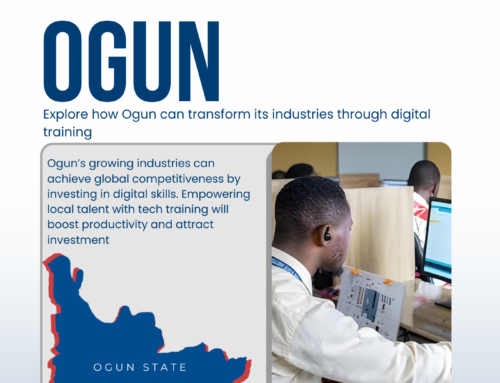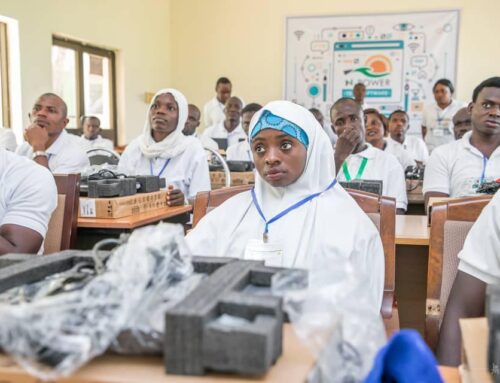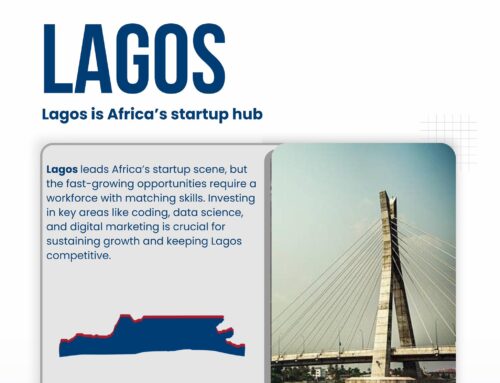Known as the Coal City, Enugu has long been a hub of culture, creativity, and enterprise. Today, the state is positioning itself to lead the Southeast’s digital transformation by empowering its youth with relevant technology and creative skills.
As the world shifts toward a knowledge-based economy, Enugu’s ability to nurture a workforce skilled in design, software development, and digital marketing will determine its economic future and how well it competes in Nigeria’s fast-changing digital landscape.
The Government’s Investment in Skills and Education
In recent years, the Enugu State Government under Governor Peter Mbah has shown a strong commitment to education and human capital development.
- 2024 Budget: Out of ₦521.6 billion, about ₦134.5 billion (≈30%) was allocated to education — one of the highest proportions nationwide.
- 2025 Budget: Education retained the spotlight with ₦320.6 billion (33%) out of a ₦971 billion budget — funding the “Smart Schools” initiative, teacher training, and digital learning infrastructure.
These figures exceed the UNESCO-recommended benchmark of 25% and signal the state’s intent to prioritize education as a driver of innovation and job creation.
However, There’s Still More to Be Done
While the numbers look impressive on paper, allocation doesn’t always equal impact. To truly make Enugu a digital powerhouse, the government must ensure that funds reach the classrooms, training centers, and tech hubs where they matter most.
Here’s how the Enugu Government can do better:
- Move Beyond Infrastructure to Real Skills:
Building smart schools is commendable — but they must be functional, with trained ICT teachers, reliable power, and up-to-date equipment. - Ensure Transparency and Accountability:
Citizens should be able to track how education funds are spent. A public skills and education tracker would promote accountability and build trust. - Expand Partnerships with Private Sector and NGOs:
Collaboration with platforms like Skill For All, tech startups, and innovation hubs will ensure training aligns with real industry needs. - Focus on Digital Inclusion:
Many rural communities in Enugu still lack access to digital learning resources. The government should prioritize community tech centers and rural connectivity projects. - Support Women and Vulnerable Groups:
Skill development programs must intentionally include young women and persons with disabilities, ensuring inclusive growth. - Invest in Post-Training Opportunities:
Empowering youth with skills is one thing; creating incubation funds, mentorship, and job linkages will help them turn those skills into businesses and employment.
Digital skills are no longer optional. As remote work, e-commerce, and digital design reshape global markets, Enugu must bridge the gap between education and employability.
Empowering its youth in tech, innovation, and entrepreneurship is not just a social good it’s an economic strategy that will attract investors, reduce unemployment, and boost the state’s GDP.
Enugu has taken bold steps toward reforming its education system and boosting digital literacy, but the journey doesn’t end at budget allocations. The real test lies in execution, inclusivity, and measurable outcomes.
The government must channel its impressive education budget into visible, life-changing programs not just smart classrooms but smart citizens who can code, design, build, and compete globally.
If Enugu can turn commitment into impact, it won’t just lead the Southeast. It will become a model for how state-driven skill development can power Nigeria’s digital future.
At Skill For All, we continue to advocate for policies and partnerships that ensure every youth in Enugu and beyond has access to the skills that shape tomorrow.



